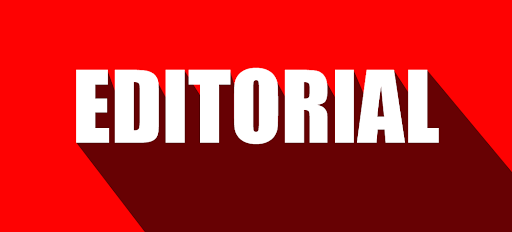
UNIVERSAL Health Coverage, UHC, as defined by the World Health Organisation, WHO, is the presentation of healthcare systems in a way that provides a specific benefit package to all members of a defined population, through provision of financial risk protection in the course of accessing necessary health care services.
The core concept of UHC was first mooted by the World Health Assembly in 2005, and adopted in the 2030 Sustainable Development Goal, SDG, Agenda as the eighth target of SDG 3.
Under the UHC philosophy, there must be a full spectrum of health services according to need: financial protection from direct payment for health services when consumed, and coverage for the entire population.
But while the successes recorded so far towards the attainment of UHC vary globally, Nigeria’s situation is pathetic because the main strategic mechanism for which it hopes to achieve UHC – the National Health Insurance Scheme, NHIS – is a colossal failure.
It is a sad commentary that since the formal launch of the NHIS – a contributory social health insurance scheme on June 6, 2005 – less than five percent of the population has been covered. On account of this, Nigeria’s progress toward UHC has been severely truncated.
[ALSO READ] FG to tender over $1m allegedly recovered from retired Air Chief on Thursday
Recently, a first-of-its-kind Health System Sustainability index report by the Africa Sustainability Index ranked Nigeria 14th among 18 African countries assessed in key areas of impactful UHC goals. With a total score of 41, Nigeria ranked first in laboratory quality, but was last in maternal mortality, infant vaccination and neo-natal mortality. The country was placed 17th on births attended by skilled health staff and access to effective treatment for tuberculosis.
On this index, South Africa ranked first with a score of 63, Tunisia second with 58, Morocco third with 55 while the Democratic Republic of Congo brought up the rear with 33.
From the Index, Nigeria lacks holistic policies that prioritise the kind of access and quality needed to meaningfully make a difference. Similarly, the State of UHC in Africa report launched recently by the independent AHAIC Commission, shows that, among others, Nigeria is deficient in the key areas of investment in primary health care, expanding affordability and harnessing the innovation to promote development and uptake of e-health solutions.
The index and UHC report highlight Nigeria’s dwindling fortunes in the journey towards the attainment of UHC. No doubt, Nigeria can do better. It is unacceptable that Nigeria is perpetually inferior to South Africa, Rwanda, Algeria, Ghana and other less-endowed countries in the race towards UHC attainment in Africa.
Nigeria’s policy makers should realise that to attain UHC, political goodwill must match deliberate action for domestic financing and increased investments in health systems. A people-centered healthcare system and an enabling environment for commitment and accountability must be provided.



